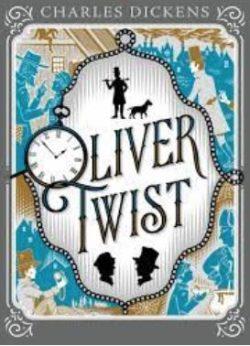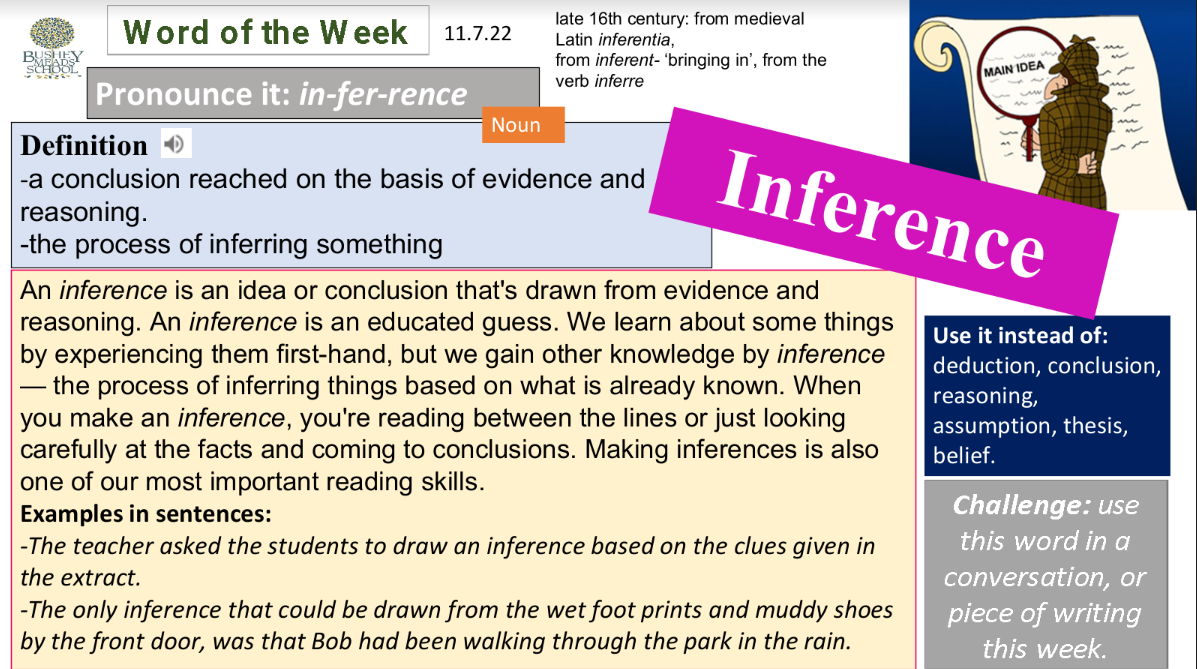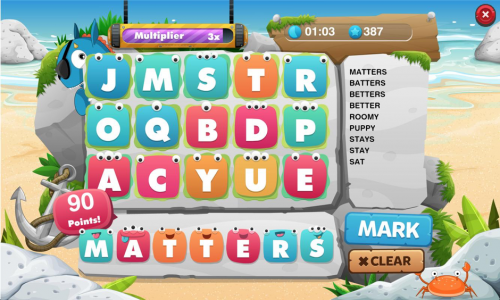
English
Filter by Category
- Uncategorized(285)
- PE & Health(249)
- Student of the Week(230)
- Word of the Week(166)
- English(155)
- Sixth Form(135)
- Scientist of the Week(125)
- Staff Development(122)
- MFL(110)
- Attainment(109)
- Mind to be Kind(109)
- Houses(108)
- Design & Technology(108)
- Reading(108)
- Enrichment(106)
- Science(103)
- Humanities and Social Sciences(97)
- Dance(92)
- Parent/Carer Information(90)
- STEM(89)
- Work Related Learning(88)
- Student Achievement(86)
- Art(83)
- Student Leadership(83)
- Theme of the Week(75)
- Trips(70)
- Learning Support(58)
- School Development(57)
- Food Preparation and Nutrition(56)
- Maths(49)
- More Able(48)
- Revision(44)
- Exams(43)
- Community(41)
- Events(41)
- Music(39)
- Wellbeing(39)
- Pastoral(39)
- Anti-Bullying(38)
- Marking and Feedback(37)
- Drama(36)
- Extra Curricular(31)
- Extra Curricular Clubs(30)
- School Visits(26)
- BSJT(26)
- IT & Computing(26)
- Transition(25)
- Character Development(25)
- HR(24)
- Performing and Visual Arts(24)
- Textiles(23)
- LRC(23)
- Geography(22)
- Parent Feedback(22)
- Mental Health(21)
- Business Studies(20)
- Black History Month(20)
- Alumni(19)
- Governors(18)
- High Achiever(18)
- Maths Challenge(17)
- Literacy(16)
- Humanities(16)
- Charity(15)
- Mindful Moment(15)
- Food Preparation and Nutrition(14)
- Student Development(14)
- Attendance(13)
- House Points(13)
- Student Voice(13)
- Live Lessons(13)
- Food Tech(13)
- Best Teacher(13)
- Childcare(12)
- Parent Information(12)
- Law(11)
- Business Studies and Economics(10)
- Distance Learning(10)
- Kindness Thought of the Week(10)
- SLT(8)
- Creative and Performing Arts(8)
- SEND(8)
- Head of House(8)
- Safeguarding(8)
- Economics(7)
- Equality & Diversity(7)
- Remembrance Day(7)
- Year 7(7)
- Psychology(6)
- GAP(6)
- Staff(6)
- Friday Reading(6)
- Christmas at BMS(6)
- Catering(5)
- Apprenticeship(5)
- Mental Health Champions(5)
- Visitors(5)
- Open Evening(5)
- Park and Stride(5)
- House Assembly(5)
- Admissions(4)
- Play of the Month(4)
- Elm House(4)
- Student Paliament(4)
- Outdoor Education(4)
- Attitude to Learnig(4)
- Christmas(4)
- Careers(4)
- Social Sciences(3)
- Trust(3)
- World Challenge(3)
- BMS Gym(3)
- Rewards Evening(3)
- Next Steps(3)
- RE(3)
- Cybersecurity(3)
- Kindness(3)
- Uniform(3)
- World Book Day(3)
- Work Experience(3)
- Student Information(3)
- Vape Awareness Week(3)
- Building Positive Relationships(3)
- Science Club(2)
- Family Support(2)
- Pastoral Challenge(2)
- Philosophy and Ethics(2)
- Online Learning(2)
- Bridging Fortnight(2)
- Princes' Trust(2)
- Building Update(2)
- Come Dine With Me(2)
- Student Parliament(2)
- Young Carers(2)
- Beech House(2)
- Photography(2)
- PSHE(2)
- Foodbank(2)
- Monday Magic Moment(2)
- Ski Trip(2)
- Student Ambassadors(2)
- Raising Achievement(2)
- Respect(2)
- Resilience(2)
- Independence(2)
- Department for Education(2)
- Sparx Reader(2)
- Sports Day(2)
- Staff Achievement(2)
- Year 9(2)
- Student Assembly(2)
- Year 8(2)
- Google Classroom(2)
- Sycamore House(2)
- netball(1)
- GCSE Drama(1)
- PiXL(1)
- School Catering(1)
- By Leaders for Leaders(1)
- Media Studies(1)
- WheelPower(1)
- Youth Violent Crime Awareness(1)
- Summer Holiday(1)
- Watford Inspires Project(1)
- Diversity Day(1)
- HCC(1)
- SRP(1)
- Food Preparation and Technology(1)
- Vex Robotics(1)
- Library Studies(1)
- Chromebooks(1)
- Lunch(1)
- Elm(1)
- Attitude to Learning(1)
- Media Studies(1)
- Feedback(1)
- Maple House(1)
- Tech Careers(1)
- Powerful and Poignant(1)
- Holocaust Memorial Day(1)
- Trust and Teamwork(1)
- Strengthening Resilience(1)
- Time to Shine(1)
- Website Updates(1)
- Careers Week(1)
- Sociology(1)
- Flair Week(1)
- St.Patricks Day(1)
- Marking Breakfast(1)
- Beat the Heads of House(1)
- Relationships(1)
- Biology(1)
- Reward Points(1)
- Olympic Challenge(1)
- Active Travel(1)
- Culture(1)
- Growth Mindset(1)
- Subject Leaders(1)
- Opportunities(1)
- Teacher Observations(1)
- Study Saturdays(1)
- Tip of the Week(1)
- Responsibility(1)
- Effort(1)
- Belief Motivation Success(1)
- New Staff(1)
- History(1)
- Special Assembly(1)
- Parents at BMS(1)
- Head Students(1)
- EPQ Presentation(1)
- Police Cadets(1)
- Looking Ahead(1)
- George Michael Alumni(1)
- Hertsfordshire Fire Cadets(1)
- Raising Awareness(1)
- Online Safety(1)
- STEAM(1)
- New Beginnings(1)
- End of Year Rewards Assemblies(1)
- Results(1)
- Introduction to Year 12(1)
- Year 10 Options(1)
- Humanities and Social Science(1)
- IT Students(1)
- Hertsfordshire Junior Coach(1)
- Leadership(1)
- Improvement(1)
- National Teaching Assistant Day(1)
- 2025 Leaders(1)
- Services for Young People(1)
- Parenting Courses(1)
- Conversation(1)
- Year 12 Information Evening(1)
- Pupil Premium(1)
- Kick Into Year 10 Evening(1)
- Building Positivity(1)
- Skin Deep Theatre(1)
- AI in Education(1)
- Lost Property(1)
- Meet the Advocate(1)
- Social Media(1)
- For Zach(1)
- Travel to School(1)
- Student Newsletter(1)
- Hair and Beauty(1)
- Independent Study(1)
- DLD Day(1)
- School Pickup(1)
- Parent Forum Meeting(1)
- Year 11 Interview Selection Panels(1)
- Parent Visit(1)
- Year 7 Assembly(1)
- Student Article(1)
- Consistency for Lessons(1)
- MOOCs(1)
- Support Staff(1)
- Communicating with Year 8(1)
- Youth Workers(1)
- AI(1)
- Report Concern(1)
- Progress(1)
- Growing Curriculum(1)
- Debate(1)
- School and College Leaver Festival(1)
- Weather Notice(1)
- Game Design Workshop(1)
- Student Poems(1)
- British Values at BMS(1)
- Staff Training Day(1)
- Sixth Form Open Evening(1)
- South West Herts Partnership(1)
- Stoke Mandeville Sports Festival 2025(1)
- Consistency is Key(1)
- British Values(1)
- Sociology & Psychology(1)
- Commitment(1)
- House Football(1)
- Youth Advisory Board(1)
- Herts Training(1)
- Introduction to Parliament(1)
- TEAM(1)
- Year 8 Parent Forum(1)
- Teamwork(1)
- Bike Marking(1)
- Vapes in School(1)
- Interventions(1)
- Teaching and Learning(1)
- Wellbeing at BMS(1)
- After School Revision(1)
- Oak House(1)
- Spanish Student Conference(1)
- Hunger Games(1)
- Associate Leader at BMS(1)
- Working Together(1)
- Survey(1)
- Tolerance(1)
- Vertical Character Development(1)
- Seussical(1)
- Curriculum Maps(1)
- Our Ethos(1)
- Our Space(1)
- Independent Learning(1)
- Mens Mental Health(1)
- Parent School Improvement Meetings(1)
- Hertfordshire Vortual Sessions(1)
- eSafety(1)
- New Year(1)
- SWHP(1)
- Reflection(1)
Back to Latest Articles











Word of the Week

Word of the Week
Word of the Week: Rejuvenate

English
Charles Dickens Novel of the Month – Oliver Twist
Oliver Twist, or The Parish Boy’s Progress was Charles Dickens’ second novel, following The Pickwick Papers, and was published as a serial in the magazine...

English
Word of the week: Ramification

Word of the Week
Word of the week: Abscond

Word of the Week
Word of the week – Repercussion

English
Charles Dickens Novel of the Month – Little Dorrit
Little Dorrit is a classic tale of imprisonment that was published in 1857. Upon publication it immediately outsold any of Dickens’s previous books. The story is set around...

Word of the Week
Word of the Week – Malodorous

Word of the Week
Word of the Week: Surreptitious

English
Shining Bright Like Diamonds
On Friday 22nd April our Time2Sh9e group attended their first ‘Gaining the Very Top Grades’ workshop – how to Shimmer in English. This was the first of four workshops...





























































































































































































